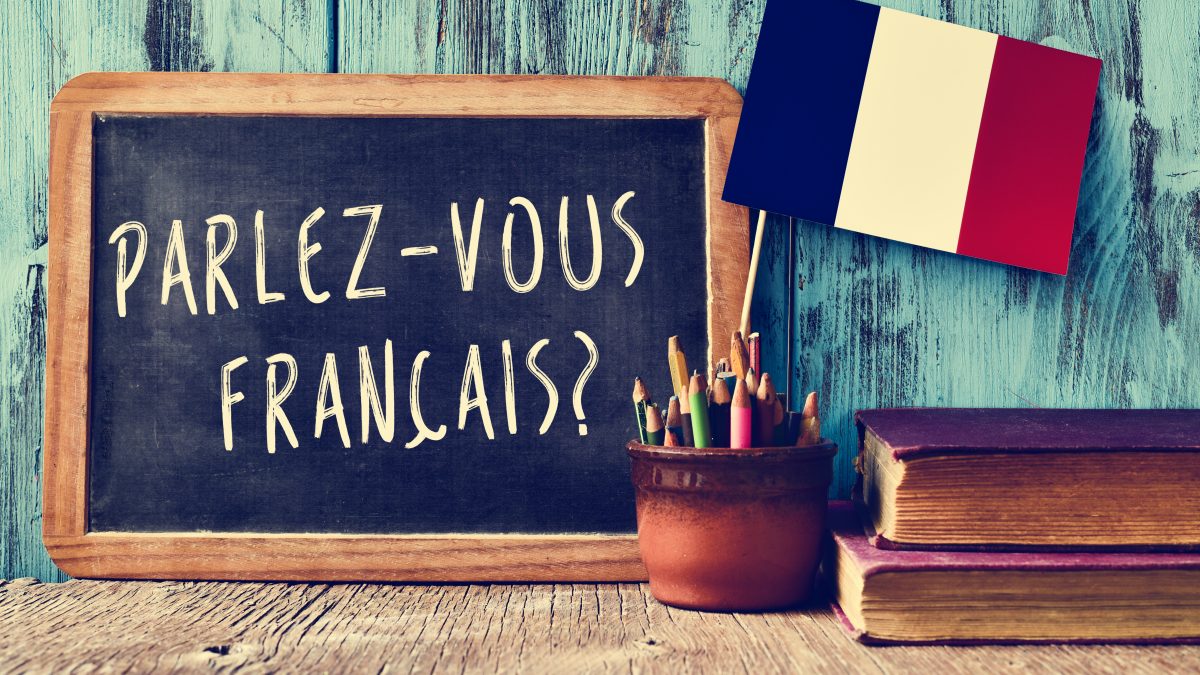Paris is a city that probably everyone would like to visit in their lifetime. The Eiffel Tower, the Champs Elysees, the Louvre, the Moulin Rouge, Notre Dame, french to english – these and many other attractions that are located in the country – the trendsetter of modern fashion and romantic mood – France, whose official language is French.
Did you know that French has been the official language of England for over 600 years, so more than 30% of English words have French roots. It is currently the second official language of Canada. According to Canadian statistics, the concept of “mother tongue” is often used the term “home language” – the language most often spoken at home. To date, just over 20% of the population of this northern country speak French, using it as their home language.
French is spoken by more than 300 million people worldwide. It is understood in 56 countries, and in 32 of them it is official. Due to its high prevalence, this language is the second (after English), which is studied as a foreign language. French, based on Latin roots (like Spanish and Italian), is relatively easy to learn and shares 80% of the vocabulary with Italian. For a fairly advanced level of French, about 700 hours of daily study is enough.
Some facts about French:

French nouns have gender (masculine and feminine) and number, but they are not inflected. The gender of animate nouns is determined by gender (male and female), but the gender of inanimate nouns must be remembered.
An interesting fact: in French, “assiette” is both a plate and a mood, a state. Presumably, the erroneous translation of the French expression caused the appearance of the phraseological unit “not at ease”.
In most European languages, the names of numbers from 20 to 90 are formed according to the standard scheme – consonant with the basic numbers from 2 to 9. However, in French, the names of some numbers have a strange logic. Thus, the number 70 is pronounced ‘soixante-dix’, which translates as “sixty and ten”, 80 – ‘quatre-vingts’ (“four times twenty”), and 90 – ‘quatre-vingt-dix’ (“four times twenty and ten “).
The longest sentence in French is 823 words and is found in Victor Hugo’s Les Misérables.





